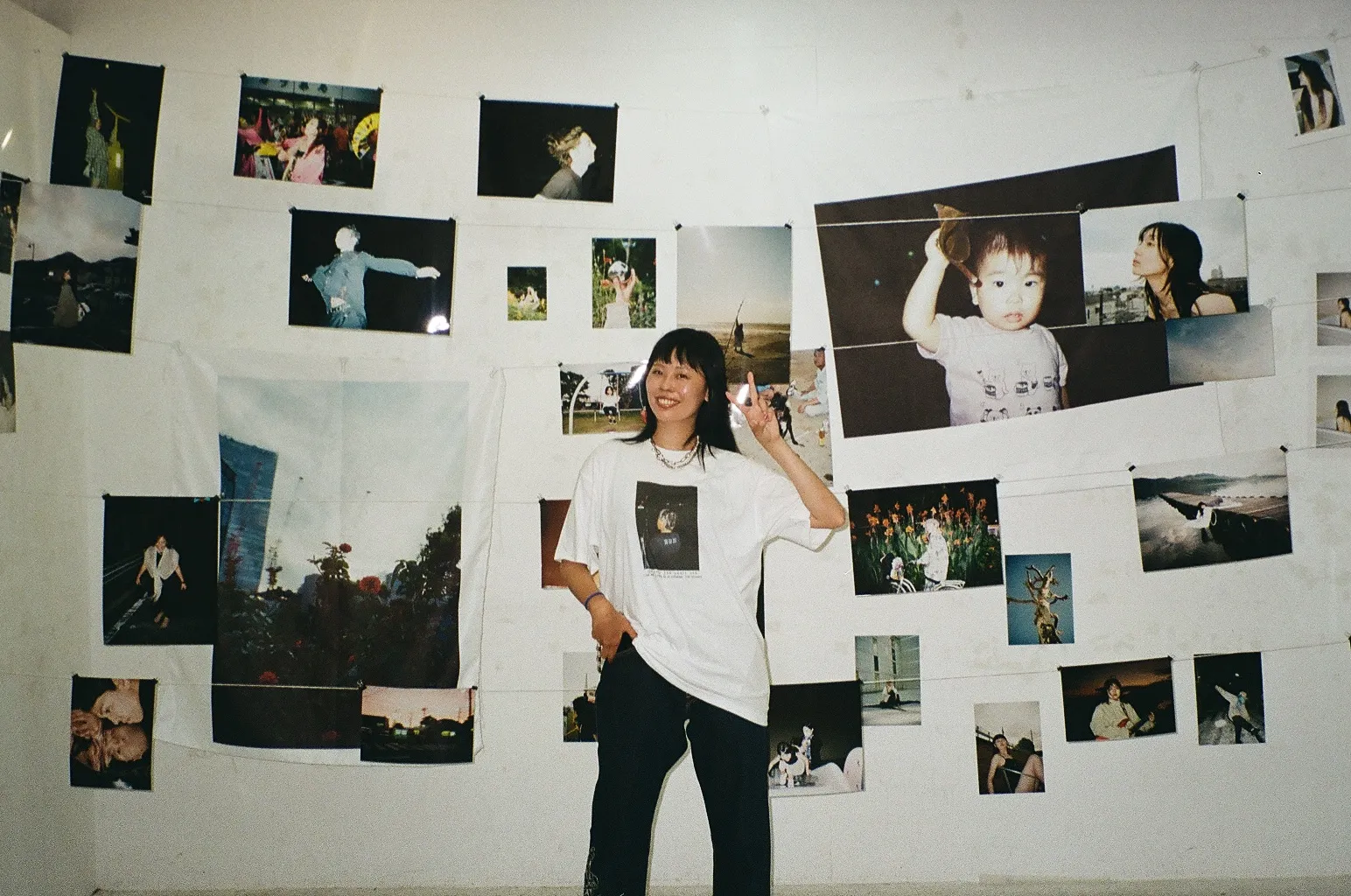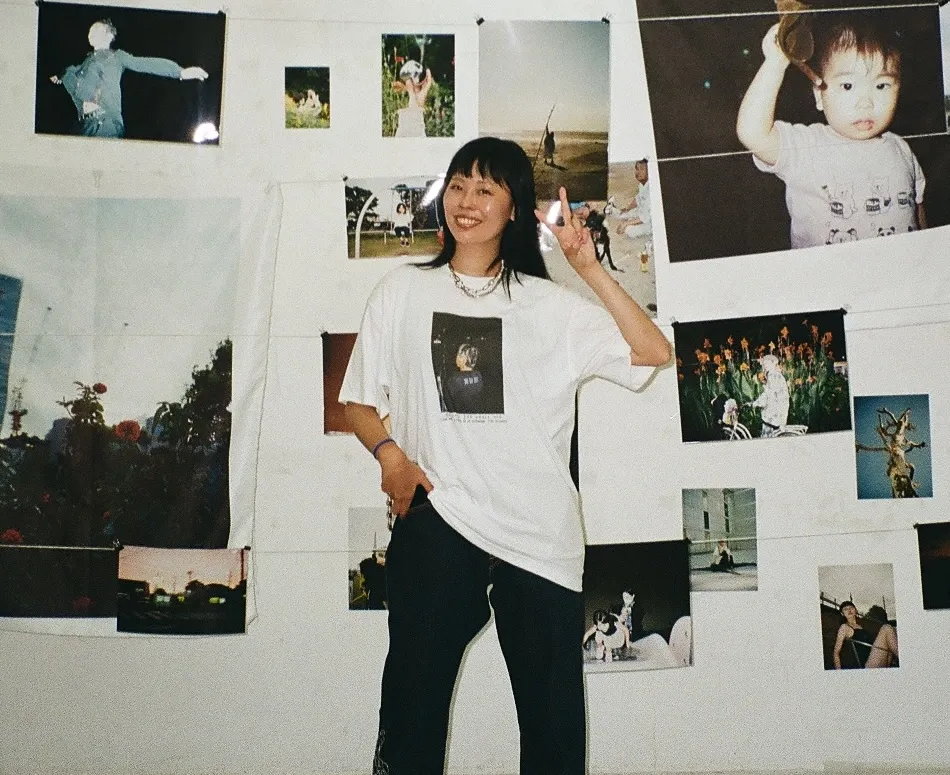
Interview
UNKnowN x Creative Journeys - Sakura Nakayama
Sakura Nakayama’s photography offers us an intimate glimpse into people’s emotions and struggles. Her keen eye for tender and delicate moments results in moving photographs, fostering close connections with their subjects. Nakayama let us in on the future of her work, the difficulties of balancing passion and making a living, and the way photography can make one feel less alone. The artist’s pieces are currently part of the “Echoes of Our Lives” exhibition at UNKnowN in Amsterdam Noord, which will go on until the first of December.
Polina Nosova (UNKnowN Art Gallery). You mentioned that you are inspired by people and their struggles, as it is the case in the photos you exhibited at the gallery. Do you still have the same focus in your current work, or do you find yourself shifting somewhere else?
Sakura Nakayama. The basics haven't changed, but I do feel like I have more things I want to express and more goals to achieve. Until now, I've been creating works for people based on my own suffering and difficulties in life. I've been trying to become "something" for people who are struggling with the same things, and tell them that "it's okay to be yourself." Even if you struggle, even if you're dirty, you can manage! Like that.
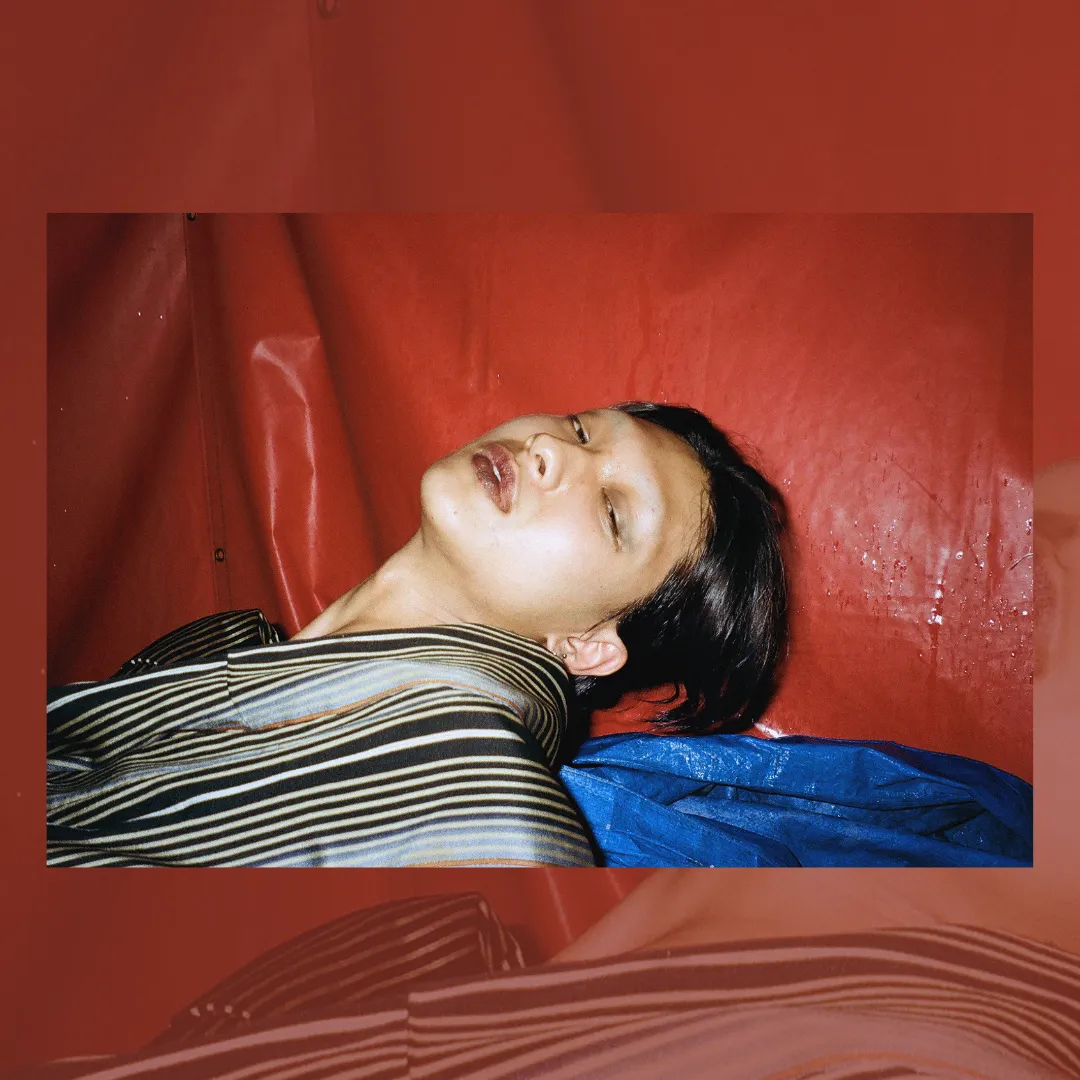
Of course, I'll continue to make work that focuses on emotions close to home. But in the future, I'd like to broaden my perspective and take photos that can communicate social issues to more people.
PN. How do different locations impact your work? How do you see your work differing from when you worked in Japan, and Italy, and now here in the Netherlands?
SN. I’m a photographer who takes pictures of people, so the people I take pictures of, simply change. Other than that, nothing else has changed. However, since moving to Amsterdam, I feel like I can focus more on photography. I'm thinking again about my concept and the meaning of taking photos. In Japan, I finally managed to make a living from photography, but I've given that up for now, so I hope to create better works (laughs). I also want to continue collaborating with local creators, as I think it will help me understand the meaning of being here and the differences from other countries. I hope to find more differences and meanings in the future.
PN. Do you only do photography work, or do you also work with other mediums? If not, would you like to?
SN. Currently, I work in other media as well in order to make a living. I came to a city I don't know, so I didn't expect photography to be a job from the beginning, so I am hoping to balance both. Of course, I want to be able to make a living from photography, which I love. Recently, I've been getting more and more photography jobs, so I hope to continue. I'm now waiting for a photo shoot request (laughs).
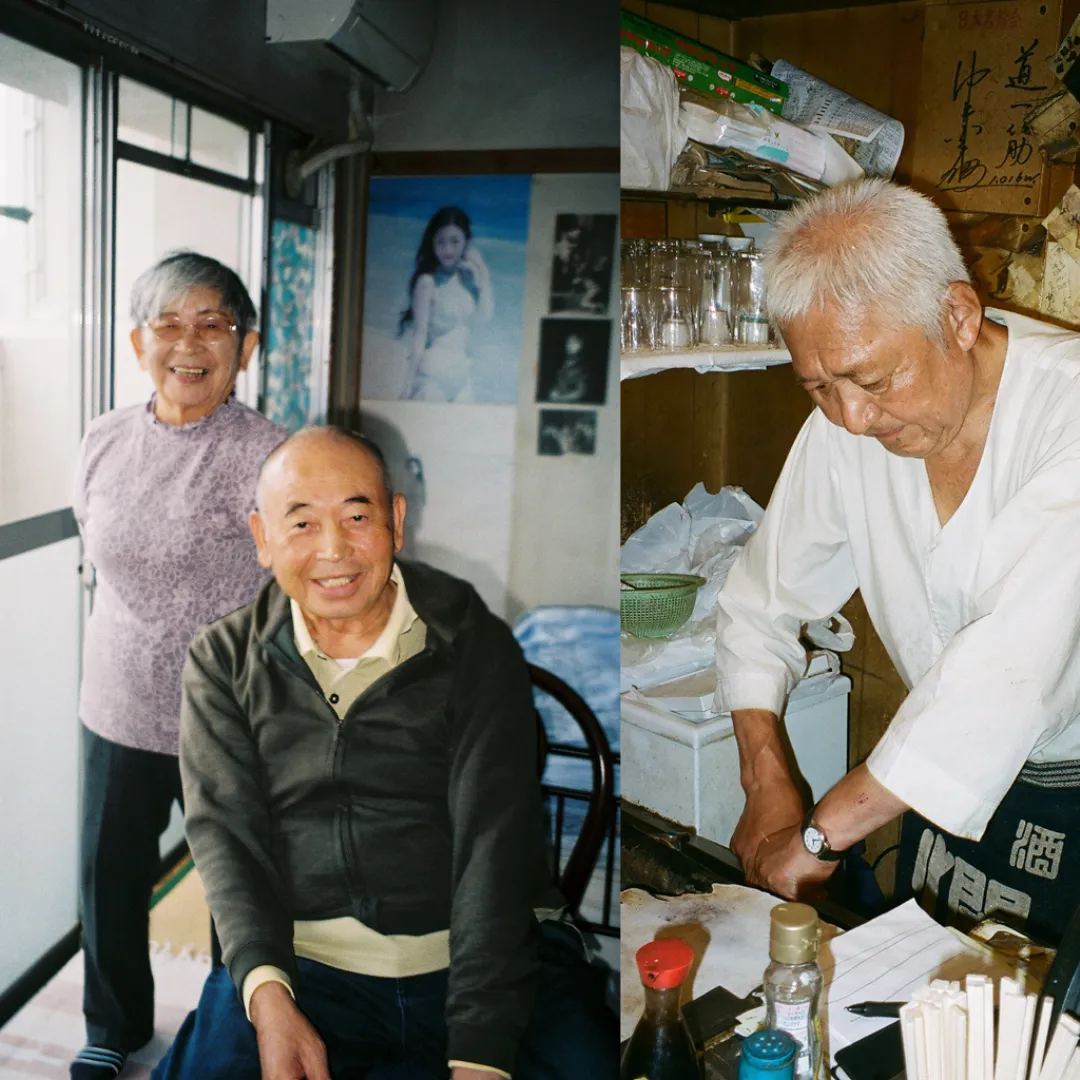
PN. Do you have any photographers that you look up to? Or other artists that inspire you?
SN. My favorite photographer is Larry Clark. Rather than getting inspiration from artists, I get it from an old lady I meet on the street, or the things I see when walking alone around town, or the people I see there.
PN. Can you talk a little bit about the writing that accompanies your work when you publish it? Like your Instagram captions?
SN. I consider my work to be photos and words. When I exhibit, I always exhibit works with words. Maybe the best thing about photos is that they don't need words, but I think my photos need words, as I want to convey them more realistically.
I write about things I feel in my daily life, things I hear, and things that actually happen.In the past, if I didn't have anything to write about, I would play with boys, because it was the quickest way to write about boys. I don't do that now, though (laughs).
I think every day that it's good to have words, even though it's obvious. I will continue to write.
PN. How has photography changed you as a person? Have you learned more about yourself in the process of photographing others?
SN. I haven't changed myself, but I think my life has changed for the better. Thanks to photography, I have been able to meet people who are now essential to my life, I have been able to live my life, and it has given me meaning in life. If I hadn't taken up photography in the first place, I think I would have died around the age of 23 because life would have been too difficult. At that time, I was saved by photos and the people I met through them.
In the process of photographing other people, it's important to get to know them deeply, so I'm always learning about myself first. Rather than learning, it may feel more like doubting yourself. I feel like I'm learning to think about things like whether my personality, current situation, and emotions are correct, and what I really want.
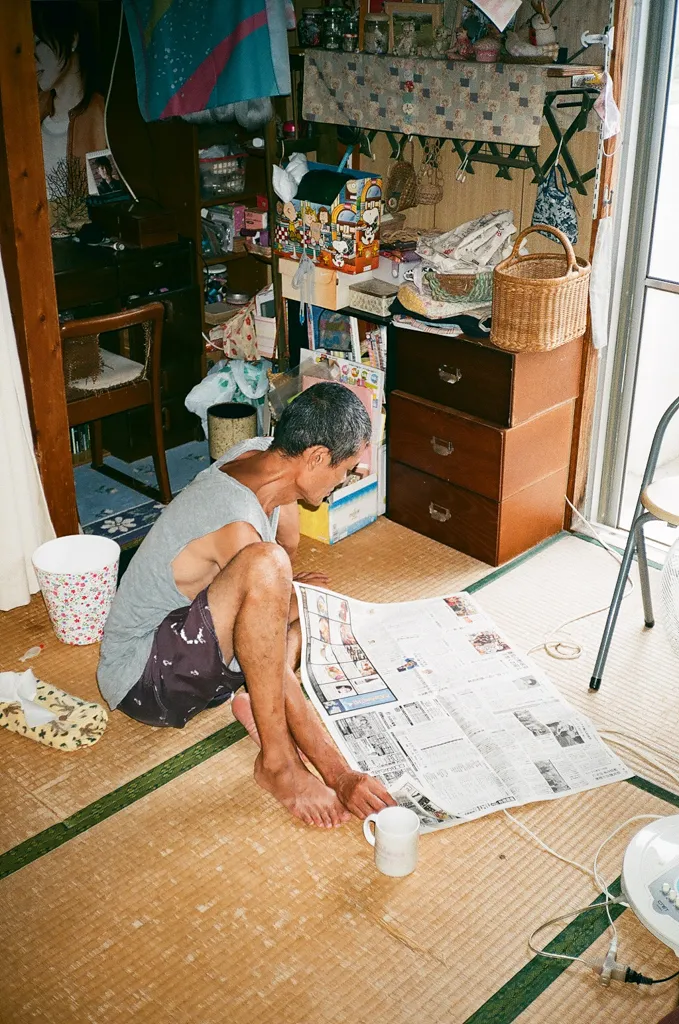
PN. What are your current plans or projects? Do you have another series you are working on?
SN. My goal is to hold a solo exhibition in a year's time and attract as many people as I do in Japan, so I'm working towards that. I like taking pictures of people and their daily lives, so I would be happy if the photos I took while living in a completely different place could reach many local people as well.
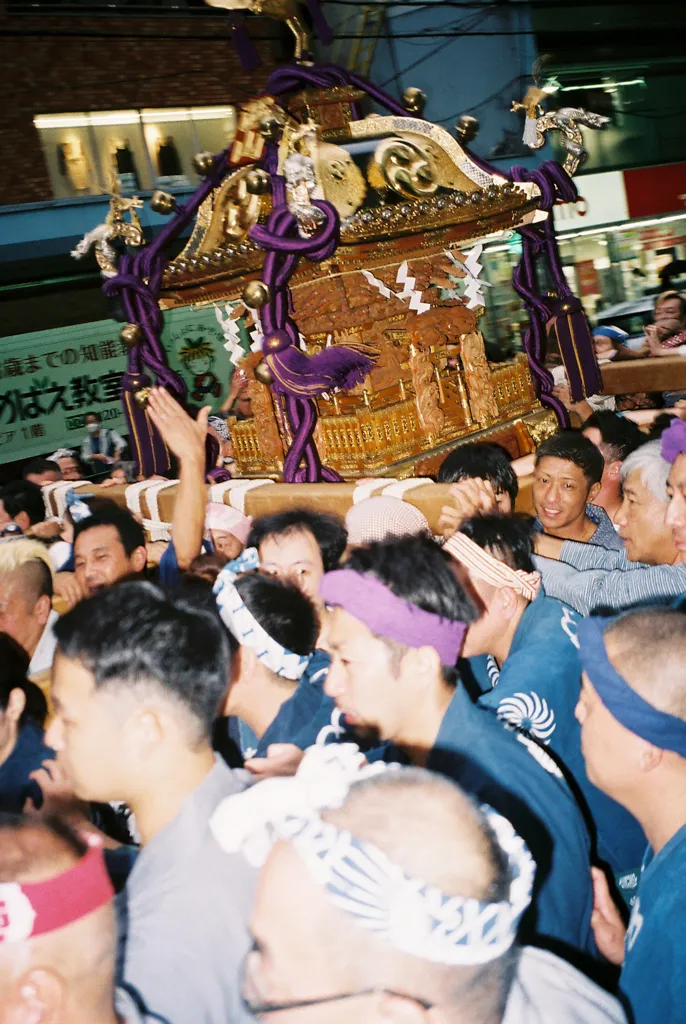
I am currently working on three projects. One is to define the issue of gender, which conveys who a person is, regardless of whether they are male or female. The second is an ironic concept about social networks. The third is a secret.
Actually, I'm thinking about a fourth one, and I'd like to go to Africa next year and do a shoot that focuses on children. I believe that children will always support our future. What I can do is take pictures, so I hope to be able to convey the current situation to as many people as possible. Even if it's not a lot of people, I think it's good to convey it to at least one person close to you. The world is not beautiful, but what's wrong with not being beautiful? That's what I think. I want to start by doing things that I can do silently.
No items found.

